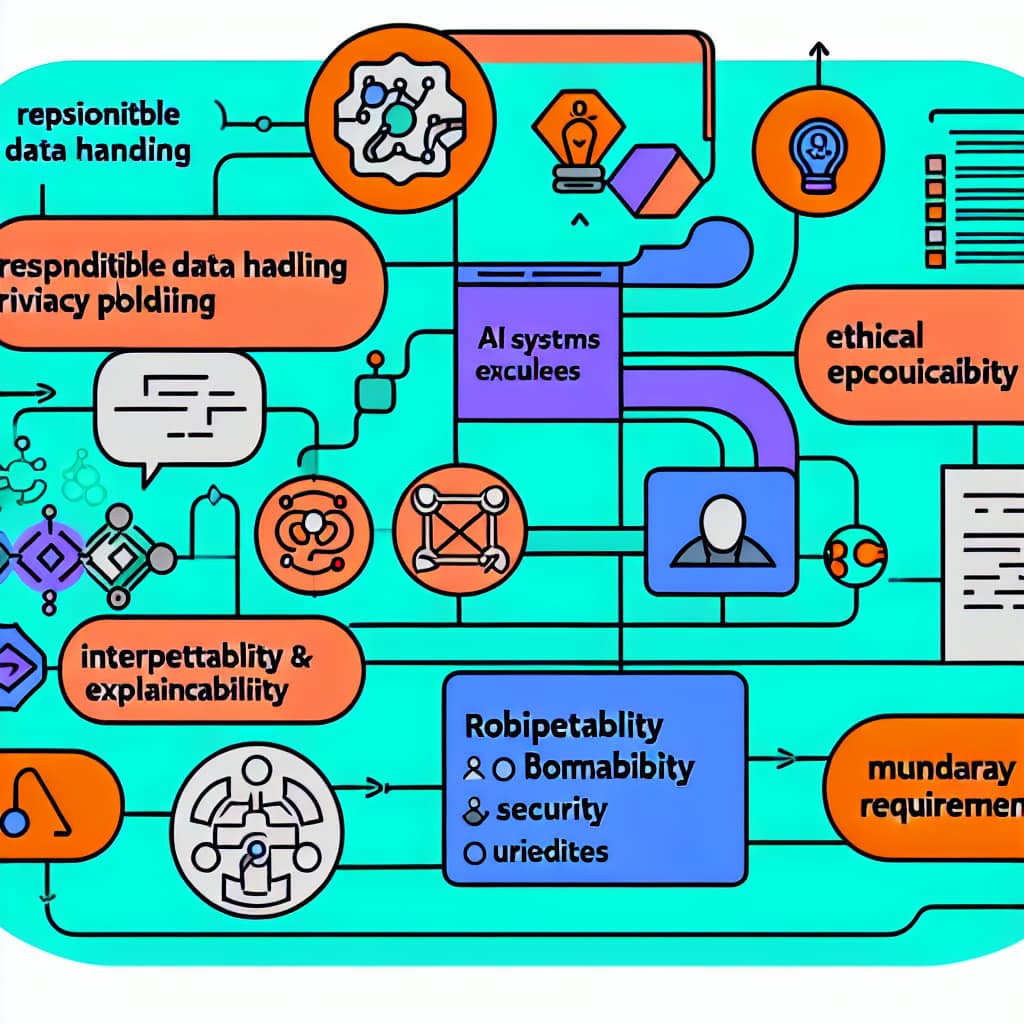Essential AI Regulations in 2025: Preparing Your Business for Compliance
The increasing adoption of artificial intelligence (AI) across industries has necessitated stricter AI regulations to ensure ethical practices, privacy protection, and compliance with legal standards. In today’s dynamic landscape, businesses need to be well-prepared to navigate the complexities of AI law. Failing to adhere to these regulations can lead to significant penalties, legal complications, and reputational damage. This article delves into how businesses can gear up for AI compliance, highlighting key legal standards and offering actionable insights for AI and Data Science professionals.
Table of Contents
Understanding AI Regulations
AI regulations are formal sets of rules and frameworks designed to govern the ethical and legal use of AI technologies. As AI systems become more integrated into everyday activities, regulations aim to prevent misuse, bias, and ensure transparency. Compliance with these regulations requires an understanding of their scope, which can vary by region and industry.
Key Legal Standards
Key legal standards in AI include data protection laws such as GDPR in Europe, which mandates strict data handling standards. Additionally, the forthcoming EU AI Act introduces classifications of AI systems based on risk and outlines compliance requirements. Similar initiatives are emerging worldwide, indicating a trend towards global standardization.
Business Preparation Strategies
Adopting Robust Data Governance
Robust data governance is vital for compliance. This involves enforcing data protection policies, ensuring data quality, and implementing due diligence in data collection and processing.
Investing in AI Transparency
AI transparency involves making AI operations understandable to stakeholders. Creating explainable AI models helps in gaining trust and meeting regulatory expectations. This can be achieved through tools designed for interpretability and tracking AI decision-making processes.
Collaborating with Legal Experts
Building relationships with legal experts or regulatory bodies can streamline compliance efforts. Legal counsel can provide guidance on the applicability of laws and help businesses develop compliant AI strategies.
Real-World Examples
Consider the case of a leading fintech company that revamped its AI systems to comply with GDPR. By restructuring data privacy protocols and enhancing AI transparency, the company not only achieved compliance but also gained consumer trust, reflecting positively on its business growth.
Future Trends in AI Compliance
The future of AI compliance will likely see greater emphasis on real-time monitoring of AI systems. Emerging technologies like blockchain may play a role in tracking AI operations for auditability. Additionally, as AI ethics become a priority, companies will be required to implement mechanisms for bias detection and mitigation.
FAQs
- What are the consequences of non-compliance with AI regulations?
Non-compliance can result in hefty fines, legal actions, and damage to reputation, impacting business viability.
- How can AI startups prepare for regulatory requirements?
AI startups should focus on understanding applicable laws early on, investing in compliance solutions, and seeking expert legal advice.
- Are there global standards for AI ethics?
While global AI ethics standards are emerging, current regulations vary significantly across regions, making localization crucial.
- How does explainable AI aid compliance?
Explainable AI makes decision processes transparent, fostering trust and simplifying adherence to accountability regulations.
Conclusion
AI regulation compliance is not just a legal obligation but a strategic business advantage in building consumer trust and driving innovation. Staying informed about evolving standards and embracing proactive preparation strategies will be crucial. As the regulatory landscape continues to evolve, businesses should continuously refine their compliance approaches. To stay ahead, subscribe to our updates and explore more on AI and Data Science trends at our AI Blogs and Data Science Blogs.
Stay connected and ensure you’re ready for the future of AI with exclusive insights.



